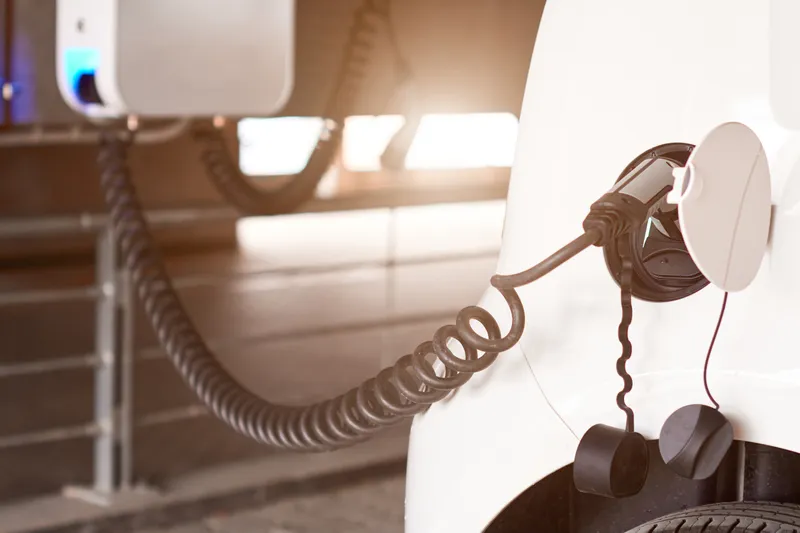The New York State Energy Research and Development Authority (NYSERDA) and the New York State Department of Transportation (NYSDOT) have partnered to provide funding to eleven businesses, non-profit organisations and research institutions to promote energy-saving technologies designed to reduce carbon-dioxide emissions in New York State.
July 12, 2013
Read time: 2 mins
The 6108 New York State Energy Research and Development Authority (NYSERDA) and the 1780 New York State Department of Transportation (NYSDOT) have partnered to provide funding to eleven businesses, non-profit organisations and research institutions to promote energy-saving technologies designed to reduce carbon-dioxide emissions in New York State.
NYSDOT has provided US$695,000 and NYSERDA US$484,000 towards these transportation-related initiatives, with the objective of reducing energy consumption and greenhouse gas (GHG) emissions in all facets of transportation in the state.
Organisations and universities receiving funding are working on projects that promote bike use, car-sharing, electric boats, smart traffic signals and anti-idling technology.
“NYSERDA is pleased to once again join with the state Department of Transportation to help fund these innovative projects that can help reduce the energy footprint of the transportation sector," said Francis J. Murray Jr., President and CEO, NYSERDA. “As Governor Cuomo seeks to reduce our fossil fuel consumption in all facets of energy use, these projects have the potential to limit the environmental impact of cars, trucks, trains, buses and boats in New York State.”
New York State Department of Transportation Commissioner Joan McDonald said, “These research projects will help develop programs and technologies that support economic development and job growth, enhance mobility and traffic safety, and protect air quality and our environment now and for the future. We look forward to a continuing partnership with NYSERDA and innovators across the state as we all work to improve traffic management and reduce greenhouse gas emissions.”
NYSDOT has provided US$695,000 and NYSERDA US$484,000 towards these transportation-related initiatives, with the objective of reducing energy consumption and greenhouse gas (GHG) emissions in all facets of transportation in the state.
Organisations and universities receiving funding are working on projects that promote bike use, car-sharing, electric boats, smart traffic signals and anti-idling technology.
“NYSERDA is pleased to once again join with the state Department of Transportation to help fund these innovative projects that can help reduce the energy footprint of the transportation sector," said Francis J. Murray Jr., President and CEO, NYSERDA. “As Governor Cuomo seeks to reduce our fossil fuel consumption in all facets of energy use, these projects have the potential to limit the environmental impact of cars, trucks, trains, buses and boats in New York State.”
New York State Department of Transportation Commissioner Joan McDonald said, “These research projects will help develop programs and technologies that support economic development and job growth, enhance mobility and traffic safety, and protect air quality and our environment now and for the future. We look forward to a continuing partnership with NYSERDA and innovators across the state as we all work to improve traffic management and reduce greenhouse gas emissions.”









